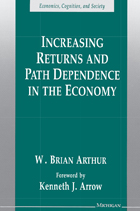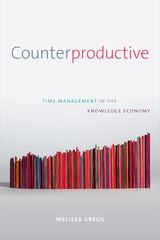Cloth: 978-0-674-01907-2 | Paper: 978-0-674-02553-0 | eISBN: 978-0-674-03987-2 (all)
Library of Congress Classification HD69.S8L35 2006
Dewey Decimal Classification 650.13
Redefining the way we view business success, Pamela Laird demolishes the popular American self-made story as she exposes the social dynamics that navigate some people toward opportunity and steer others away. Who gets invited into the networks of business opportunity? What does an unacceptable candidate lack? The answer is social capital—all those social assets that attract respect, generate confidence, evoke affection, and invite loyalty.
In retelling success stories from Benjamin Franklin to Andrew Carnegie to Bill Gates, Laird goes beyond personality, upbringing, and social skills to reveal the critical common key—access to circles that control and distribute opportunity and information. She explains how civil rights activism and feminism in the 1960s and 1970s helped demonstrate that personnel practices violated principles of equal opportunity. She evaluates what social privilege actually contributes to business success, and analyzes the balance between individual characteristics—effort, innovation, talent—and social factors such as race, gender, class, and connections.
In contrasting how Americans have prospered—or not—with how we have talked about prospering, Laird offers rich insights into how business really operates and where its workings fit within American culture. From new perspectives on entrepreneurial achievement to the role of affirmative action and the operation of modern corporate personnel systems, Pull shows that business is a profoundly social process, and that no one can succeed alone.
See other books on: Business networks | Businesspeople | Networking | Social networks | Success in business
See other titles from Harvard University Press























